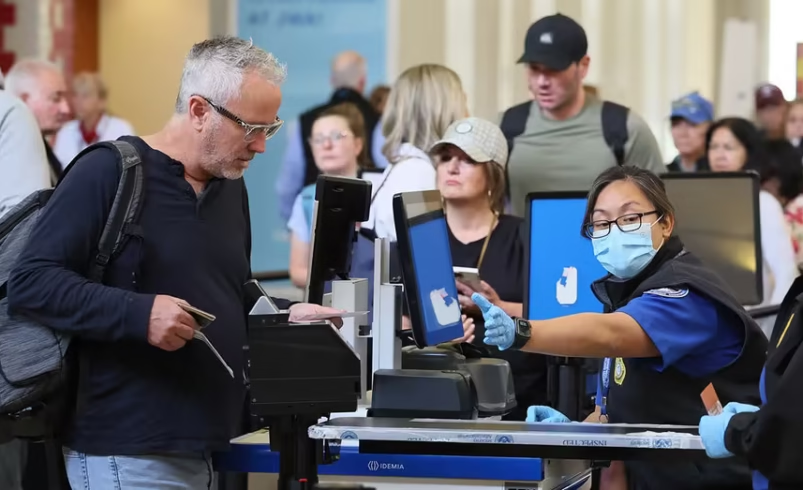TSA to End Shoes-Off Policy at U.S. Airports
- July 10, 2025
- 0

The Transportation Security Administration (TSA) and the Department of Homeland Security (DHS) are set to announce a significant change in airport security protocols, specifically the removal of the long-standing “shoes-off” policy. This announcement is scheduled for a press conference at 5 p.m. ET at Ronald Reagan Washington National Airport in Washington, D.C. The decision follows extensive reports suggesting that the TSA will permit more passengers to keep their shoes on during security checks.
The “shoes-off” policy was originally implemented in 2006 as a direct response to the attempted terrorist attack by Richard Reid, known as the “shoe bomber.” Reid, a British national with connections to al-Qaeda, attempted to detonate explosives concealed in his shoes on an American Airlines flight from Paris to Miami in December 2001. This incident prompted heightened security measures worldwide, including the mandatory removal of shoes at airport security checkpoints.
White House press secretary Karoline Leavitt highlighted the significance of this policy change, describing it as “big news from @DHSgov” in a social media post. The TSA spokesperson emphasized that the agency is continually seeking innovative methods to improve passenger experiences while maintaining robust security measures. Any updates to security processes will be communicated through official channels.
For years, programs like TSA PreCheck and partnerships with CLEAR, IDEMIA, and Telos have allowed certain passengers to bypass the shoe removal requirement. However, this latest change aims to extend that convenience to all travelers passing through main security lines. The initiative aligns with efforts by the Trump administration’s TSA to streamline travel procedures and reduce inconveniences for passengers.
In addition to this policy shift, the TSA recently introduced a new security lane dedicated exclusively to active-duty military service members, further demonstrating its commitment to enhancing travel efficiency and security.